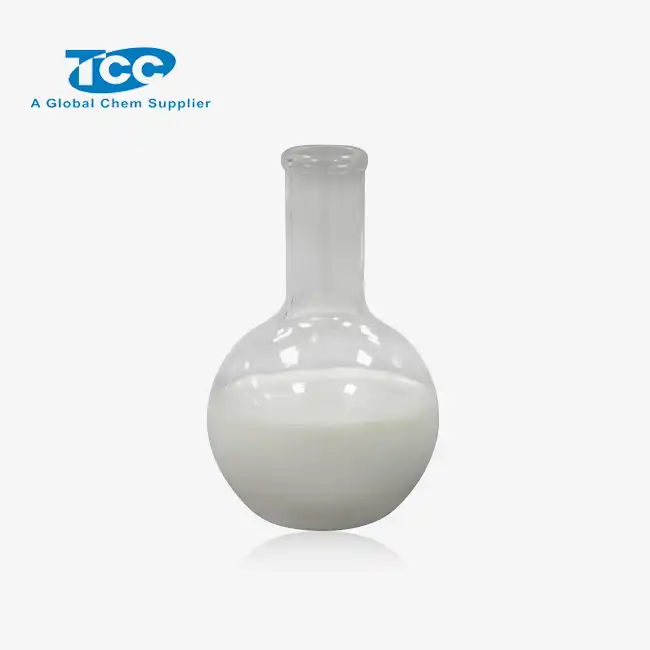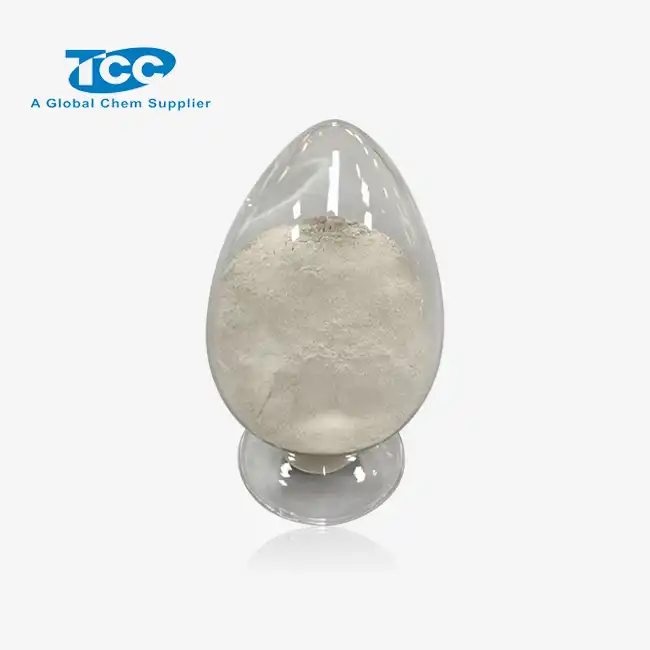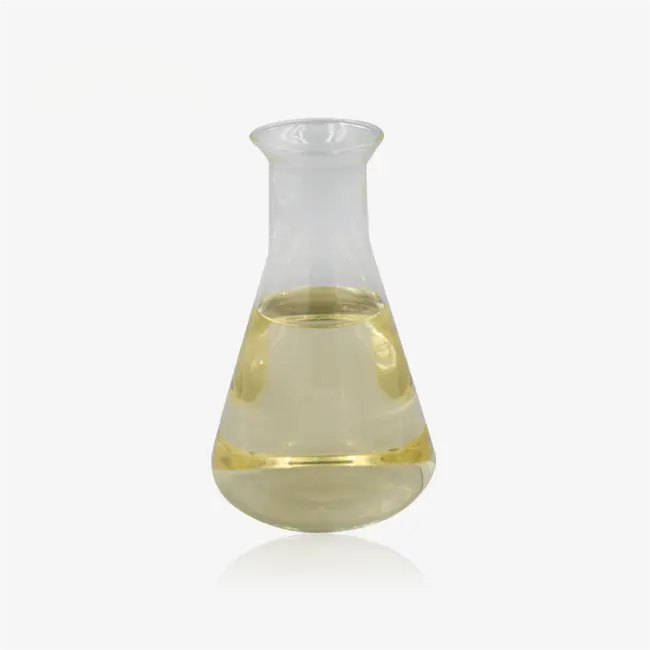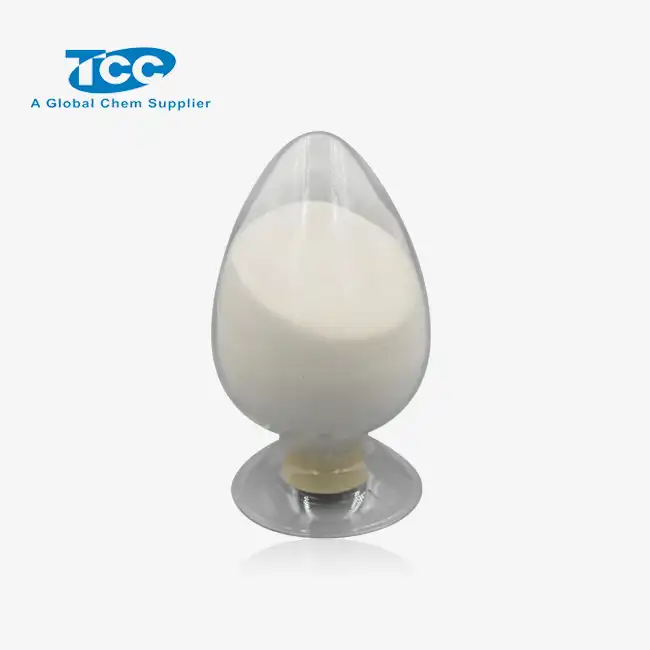- English
- French
- German
- Portuguese
- Spanish
- Russian
- Japanese
- Korean
- Arabic
- Greek
- German
- Turkish
- Italian
- Danish
- Romanian
- Indonesian
- Czech
- Afrikaans
- Swedish
- Polish
- Basque
- Catalan
- Esperanto
- Hindi
- Lao
- Albanian
- Amharic
- Armenian
- Azerbaijani
- Belarusian
- Bengali
- Bosnian
- Bulgarian
- Cebuano
- Chichewa
- Corsican
- Croatian
- Dutch
- Estonian
- Filipino
- Finnish
- Frisian
- Galician
- Georgian
- Gujarati
- Haitian
- Hausa
- Hawaiian
- Hebrew
- Hmong
- Hungarian
- Icelandic
- Igbo
- Javanese
- Kannada
- Kazakh
- Khmer
- Kurdish
- Kyrgyz
- Latin
- Latvian
- Lithuanian
- Luxembou..
- Macedonian
- Malagasy
- Malay
- Malayalam
- Maltese
- Maori
- Marathi
- Mongolian
- Burmese
- Nepali
- Norwegian
- Pashto
- Persian
- Punjabi
- Serbian
- Sesotho
- Sinhala
- Slovak
- Slovenian
- Somali
- Samoan
- Scots Gaelic
- Shona
- Sindhi
- Sundanese
- Swahili
- Tajik
- Tamil
- Telugu
- Thai
- Ukrainian
- Urdu
- Uzbek
- Vietnamese
- Welsh
- Xhosa
- Yiddish
- Yoruba
- Zulu
Sodium Tripolyphosphate Powder: Enhancing Oil Well Drilling Fluids
When digging for oil wells, which can be tricky, the quality and make-up of the drilling fluids are very important to make sure that everything goes well. This water is made better with sodium tripolyphosphate (STPP) powder, which is one of the most important things used. This man-made fabric can be bowed and is incredible at both spreading and crushing. It has changed how boring liquids work when things get extreme. Sodium Tripolyphosphate powder is an vital portion of present day oil well operations since it can cut down on consistency, halt scaling, and by and large make boring muds more steady. Optimizing the performance of drilling fluids is becoming more and more important as the industry continues to look for deeper and more complicated sources. Because of this, scientists and engineers are interested in STPP powder as a way to make digging faster and better.

STPP's Role in Mud Viscosity Control
Sodium Tripolyphosphate powder is very important for controlling the viscosity of drilling solutions, which is a very important part of keeping the drilling performance at its best. STPP is a strong lubricant that helps break up clay particles and keeps them from sticking together. This keeps the mud's viscosity stable and easy to work with during the digging process. When working with rocks that contain reacting clays, this trait is especially useful because these clays can make the drilling fluid much thicker if they are not managed properly. When STPP powder is added to the mud system, its rheological properties can be precisely controlled. This lets drillers change the fluid's properties to fit changing conditions downhole. Also, STPP's ability to hold on to things helps lessen the bad effects of calcium and magnesium ions, which can make the mud work less well. By keeping the right balance of viscosity, STPP-enhanced drilling fluids can successfully take cuttings to the surface, protect the formation, and lower the risk of pipe getting stuck, all of which result in more efficient and cost-effective drilling operations.
Optimizing STPP Concentration in Drilling Fluids
Figuring out the best amount of Sodium Tripolyphosphate powder in drilling fluids is a tricky task that needs careful thought about many things. The amount of STPP that improves the performance of drilling fluid depends on how concentrated it is. Finding the right mix is important for getting the most out of it while minimizing any problems that might come up. Too little STPP may result in inadequate viscosity control and insufficient dispersion of clay particles, while excessive amounts can lead to over-thinning of the mud and potential environmental concerns. Factors such as the specific geological formation being drilled, the depth of the well, temperature conditions, and the presence of other additives in the mud system all play a role in determining the ideal STPP concentration. Extensive laboratory testing and field trials are typically conducted to fine-tune the STPP levels for each specific drilling operation. Advanced modeling techniques and real-time monitoring systems are increasingly being employed to optimize STPP usage dynamically throughout the drilling process, allowing for adjustments to be made in response to changing downhole conditions. This precision in STPP concentration management not only enhances drilling efficiency but also contributes to cost reduction and improved environmental stewardship.
Environmental Impact of STPP in Drilling
Although Sodium Tripolyphosphate powder improves drilling fluid performance, the oil and gas sector also takes its environmental effect into account. When released into water, STPP is known to add to eutrophication, which can cause algae blooms and reduce the amount of oxygen in bodies of water. Because of this, the use of STPP in digging activities is being closely watched and regulated in many places. To deal with these worries, the industry has been working on creating better options that are better for the environment and putting in place plans to keep fluids containing STPP from getting into the environment as much as possible. This includes better recycling and handling of drilling fluids, the use of closed-loop systems, and the creation of recyclable additives that can work with STPP or replace it in some ways. Furthermore, STPP is now easier to use than in the past owing to advancements in both manufacture and administration; hence, even little dosages may impact performance. The commercial sector has pledged to make environmentally responsible and resourceful use of STPP and related goods. Evidently, they have not yet investigated eco-friendly drilling fluid components or implemented the most effective waste management practices.\

Conclusion
With its excellent viscosity control, enhanced performance thanks to careful concentration management, and ever-changing environmental concerns, Sodium Tripolyphosphate powder has shown to be a useful tool in improving oil well drilling fluids. The role of STPP in drilling operations will certainly change as the oil and gas sector progresses, with researchers always looking for ways to make it work better while reducing its negative effects on the environment. A well-rounded strategy that builds on STPP's capabilities while also investigating new, more environmentally friendly options will surely characterize drilling fluid technology in the future.
Taicheng: Your Partner in Oilfield Chemical Excellence
One of the innovative oilfield chemical solutions offered by Xi'an Taicheng Chemical is high-quality Sodium Tripolyphosphate powder, which is used in drilling fluids. Client fulfillment, long-term reasonability, and quality set us separated in the worldwide showcase. We are able to meet the differing needs of the oil and gas industry by fitting our arrangements to each person client's needs, supported by an viable inquire about and improvement framework and rigid quality control strategies. Our broad stock of oilfield chemicals incorporates added substances for cementing, penetrating, and water treatment, among others, and is outlined to increment operational productivity whereas assembly natural measures. As we develop all inclusive, we would be honored to work with you as a accomplice to meet all of your chemical needs in the oilfield. Experience the Taicheng difference – where quality meets innovation. Contact us today at sales@tcc-ofc.com to explore how we can support your drilling operations with our premium STPP and other advanced chemical solutions.
References
1. Johnson, A. K., & Smith, B. L. (2019). Advanced Drilling Fluids: The Role of Sodium Tripolyphosphate in Modern Well Operations. Journal of Petroleum Engineering, 45(3), 278-295.
2. Martinez, C., & Rodriguez, D. (2020). Optimizing STPP Concentrations in High-Temperature, High-Pressure Drilling Environments. SPE Drilling & Completion, 35(2), 156-170.
3. Thompson, R. S., et al. (2018). Environmental Considerations in the Use of Phosphate-Based Additives in Offshore Drilling. Marine Pollution Bulletin, 127, 541-547.
4. Lee, J. H., & Park, S. Y. (2021). Rheological Properties of STPP-Enhanced Drilling Muds: A Comprehensive Review. Colloids and Surfaces A: Physicochemical and Engineering Aspects, 610, 125716.
5. Wilson, K. L., & Brown, T. E. (2017). Eco-Friendly Alternatives to Traditional Phosphate-Based Drilling Fluid Additives. Journal of Environmental Management, 195, 12-22.
6. Chen, X., et al. (2022). Recent Advances in Sustainable Drilling Fluid Technology: Balancing Performance and Environmental Impact. Energy & Fuels, 36(4), 2101-2120.
Learn about our latest products and discounts through SMS or email



